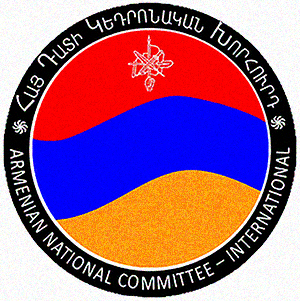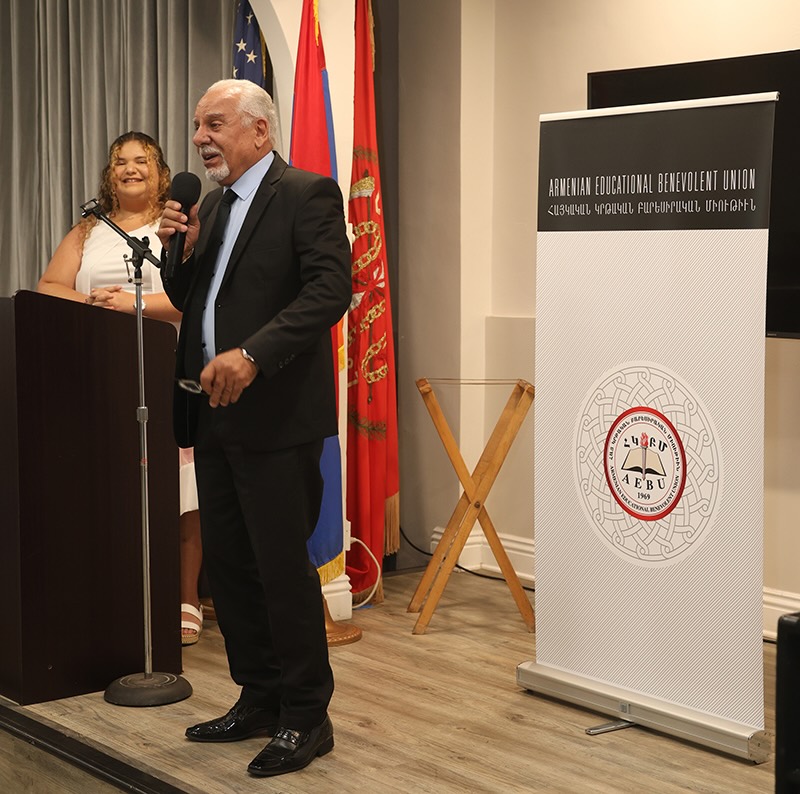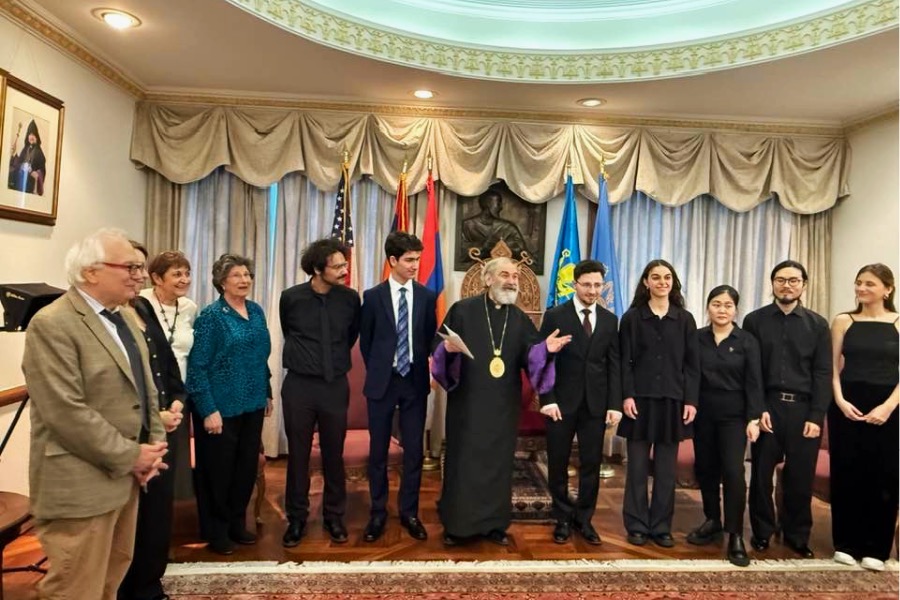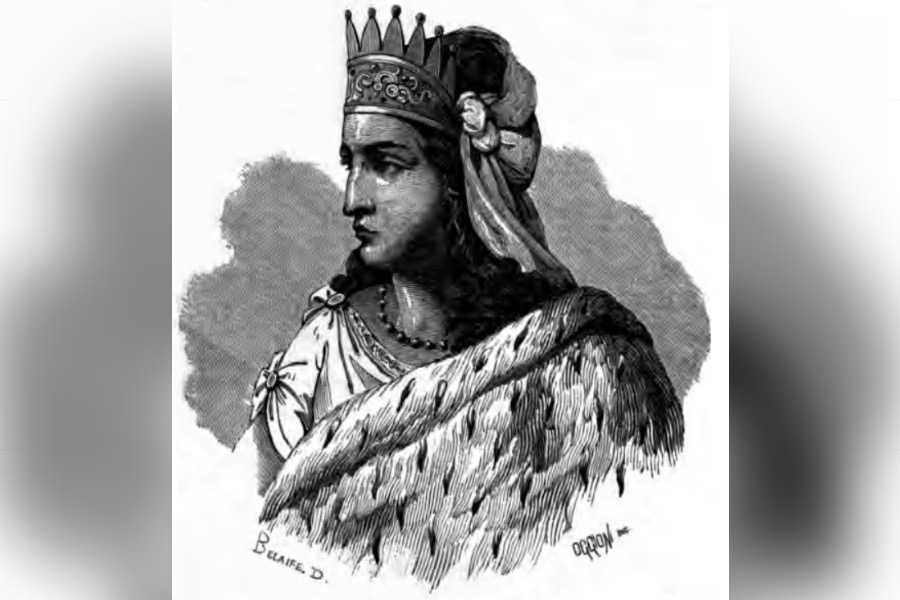Preserving History and Influencing Culture with the Armenian-American Press


BELMONT, Mass.—A group of Armenian American journalists, scholars and community members gathered at the new National Association for Armenian Studies and Research (NAASR) Vartan Gregorian Building last week to explore the evolution and sustainability of the Armenian American press.
“Newspapers have an extraordinary responsibility to their readers,” said Pulitzer Prize winner and former Boston Globe journalist Stephen Kurkjian at the standing room only event. “The vibrancy of our community depends on the work that these two newspapers perform and what they cover,” continued Kurkjian in his opening remarks, applauding fellow panelists Leeza Arakelian (assistant editor, Armenian Weekly) and Alin K. Gregorian (editor, Armenian Mirror-Spectator).
The Thursday evening panel discussion, presented by the NAASR/Calouste Gulbenkian Foundation Lecture Series on Contemporary Armenian Issues and co-sponsored by the AGBU-Young Professionals of Boston and the Armenian Youth Federation Greater Boston “Nejdeh” Chapter, was moderated by Weekly “In Sight” columnist and NAASR board member Stepan Piligian, who introduced three topics: content coverage, audience reach and the media’s relationship with Artsakh and Armenia. “Our Armenian community newspapers are our lifeblood, and they reflect our social and civic lives, our history,” said Arakelian to an attentive audience. “They exemplify the spirit of the Armenian people.”
Unfortunately, however, Diasporan Armenians, specifically members of the emerging generation, face the challenges that come with dual identities and assimilation. “But when they learn our story, the story of our history, they will flock to it,” said Kurkjian, offering some enlightenment and noting his own family’s experience with Armenian print journalism.
Party affiliation has long been the primary difference between the two community newspapers. The Armenian Weekly (1934) is a publication of the Armenian Revolutionary Federation (ARF) Eastern Region and primarily publishes information pertaining to its sister organizations—the Armenian National Committee of America (ANCA), the AYF-YOARF, the Armenian Relief Society (ARS), Homenetmen and Hamazkayin. The Mirror-Spectator (1931) is the weekly newspaper of the Armenian Democratic Liberal Party (ADL).
It was the belief of some panelists that the publications are beginning to find some commonalities in their coverage as community organizations exhibit signs of cooperation. “With every generation, I think we are a little further away from our point of origin and a little more melted into the host community,” said Gregorian.
Both the Weekly and Mirror-Spectator have always strived to build a bridge with voices, stories and news items from both Armenia and the Diaspora. “We write history every week,” said Gregorian.
But as Arakelian pointed out, common themes still threaten the existence of our press – limited resources, a growing disinterest in print and subscription-based news, and in today’s age, considering a 140-character tweet as news. “I don’t want to see the day where we have to rely on a large market to tell our side of the story,” she said.
Mirror-Spectator assistant editor Aram Arkun and Weekly editor Pauline Getzoyan later joined the panel during a lively question-and-answer session and addressed the audience’s concerns regarding declining revenue with evolving technology. Instead of highlighting the obvious challenge of having a newspaper in a digital era, Getzoyan commended the internet for bringing in new readers across the globe. “I would consider that as revenue, in terms of readership, as opposed to monetary revenue,” she explained.
Panelists offered thought-provoking and at times, emotionally stirring commentary throughout the evening. “I hope that young people, now that they’re engaging in social media with the Weekly, get subscriptions and encourage their friends to get subscriptions,” said Ani Khatchadourian of Waltham. “I hope they discuss what they see in the Weekly with their friends,” she added, explaining how Armenian media outlets are pivotal in keeping the Armenian Diaspora alive.








